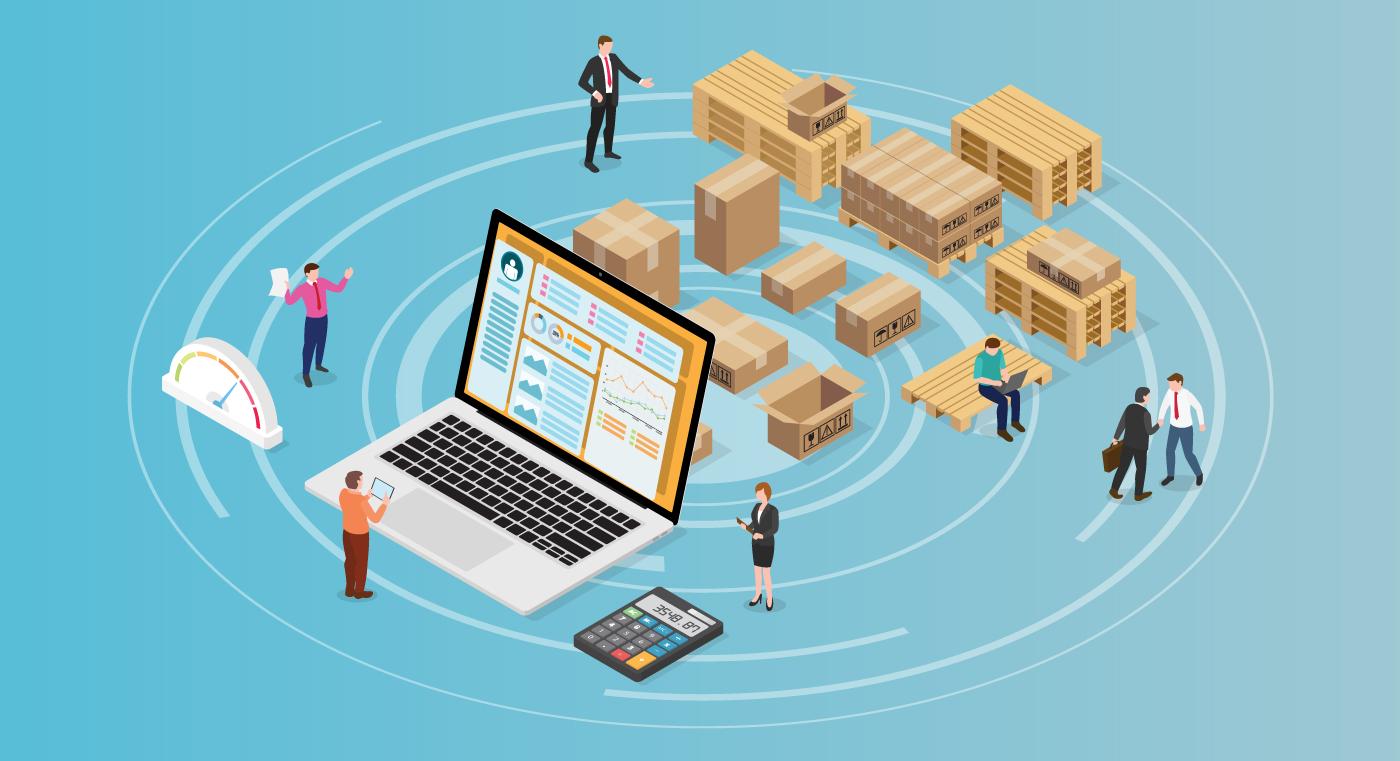Introduction to Logistic Software
Logistic software has become a fundamental part of modern supply chain and transportation operations. It streamlines logistics processes such as inventory management, order fulfillment, route planning, warehouse operations, and shipment tracking. These digital tools improve decision-making, reduce costs, and enhance overall efficiency in managing goods from origin to destination.
As industries strive for digital transformation, the demand for integrated logistic software is rising rapidly. Companies of all sizes, from startups to multinational corporations, are adopting these solutions to keep up with customer expectations and market demands. With real-time data analytics and automated workflows, logistic software ensures accuracy, transparency, and faster response times.
Key Features of Logistic Software
Modern logistic software typically includes a variety of features that cater to different aspects of the logistics cycle. These may include transportation management systems (TMS), warehouse management systems (WMS), order and inventory tracking, and automated billing and invoicing. Integration with GPS and mobile devices allows real-time tracking of shipments, enhancing customer satisfaction and accountability.
One of the most important features is route optimization. By using AI and machine learning, logistic platforms can recommend the most efficient delivery routes, saving fuel costs and reducing delivery times. Additionally, cloud-based solutions offer scalability, allowing businesses to adapt quickly to growth or changing operational needs.
Benefits of Implementing Logistic Software
Businesses that deploy logistic software experience numerous benefits. Chief among them is increased operational efficiency. By automating routine tasks such as inventory updates, shipping labels, and route calculations, businesses free up human resources for strategic tasks. This helps reduce human error, enhances productivity, and improves overall workflow.
Another key benefit is cost savings. Efficient route planning, load optimization, and warehouse management lead to lower transportation and storage costs. Furthermore, real-time analytics and reporting tools provide better visibility into logistics operations, enabling informed decisions that prevent bottlenecks and costly delays.
Integration and Compatibility with Other Systems
A standout advantage of modern logistic software is its ability to integrate seamlessly with other enterprise systems. These include ERP (Enterprise Resource Planning), CRM (Customer Relationship Management), and e-commerce platforms. This interoperability ensures data consistency and supports end-to-end supply chain visibility.
Through API integrations and cloud connectivity, logistic software allows businesses to synchronize data across departments and partners. This fosters collaboration, ensures smooth order fulfillment, and enhances customer service. In a world where logistics often involve multiple stakeholders, such integration is invaluable for efficiency and transparency.
Customization and Scalability
Not all businesses have the same logistics needs, and logistic software providers are increasingly offering customizable solutions. Whether a business needs to manage complex international shipping or simple last-mile deliveries, scalable software platforms can be tailored to specific operational requirements.
Additionally, software scalability ensures that the platform grows with the business. As volumes increase or new product lines are introduced, the software can handle added complexity without needing to be replaced. This flexibility makes it a cost-effective and future-proof investment for businesses aiming for long-term growth.
Cloud-Based and Mobile Solutions
Cloud-based logistic software is rapidly becoming the norm due to its flexibility, security, and accessibility. Businesses can access their logistics data from anywhere, enabling remote operations and real-time monitoring. This is particularly beneficial in times of disruption, allowing teams to remain agile and informed.
Moreover, mobile applications offer added convenience. Field staff can update delivery statuses, scan inventory, and receive dispatch instructions directly from their smartphones or tablets. This on-the-go capability enhances operational accuracy and responsiveness, particularly in fast-paced logistics environments.
Security and Compliance in Logistic Software
Security is a top priority in logistics, especially when handling sensitive customer data and high-value goods. Leading logistic software platforms incorporate advanced cybersecurity measures such as encryption, multi-factor authentication, and data backups to protect business-critical information.
In addition, many solutions come with built-in compliance features. These help businesses adhere to international trade regulations, transportation laws, and environmental standards. Staying compliant not only avoids legal issues but also builds trust with partners and customers.
Improving Customer Experience
Customer satisfaction is a direct outcome of efficient logistics. With logistic software, businesses can provide real-time shipment tracking, proactive delivery updates, and accurate delivery windows. These capabilities improve transparency and reduce customer inquiries or complaints.
Furthermore, software-driven logistics helps ensure that orders are fulfilled accurately and delivered on time. This enhances the overall brand reputation and builds customer loyalty, which is crucial in today’s competitive e-commerce and retail landscape.
Future of Logistic Software
The future of logistic software lies in smarter automation, artificial intelligence, and data-driven decision-making. As technology continues to evolve, we can expect even more intelligent systems capable of predicting demand, optimizing supply chains in real time, and minimizing environmental impact.
With growing emphasis on sustainability, future logistic platforms will also include tools to calculate and reduce carbon footprints. Combined with blockchain integration for traceability and robotics for warehouse automation, the next generation of logistic software will drive unprecedented efficiency and innovation.
Source - https://www.marketresearchfuture.com/reports/logistic-software-market-4420
Logistic software is transforming the way businesses handle supply chain and transportation operations. By providing automation, integration, real-time data, and customer-centric features, it supports faster, more cost-effective, and scalable logistics. Whether you run a small delivery service or a global distribution network, investing in the right logistic software can help streamline operations, improve customer satisfaction, and secure a competitive edge in today’s fast-paced marketplace.



